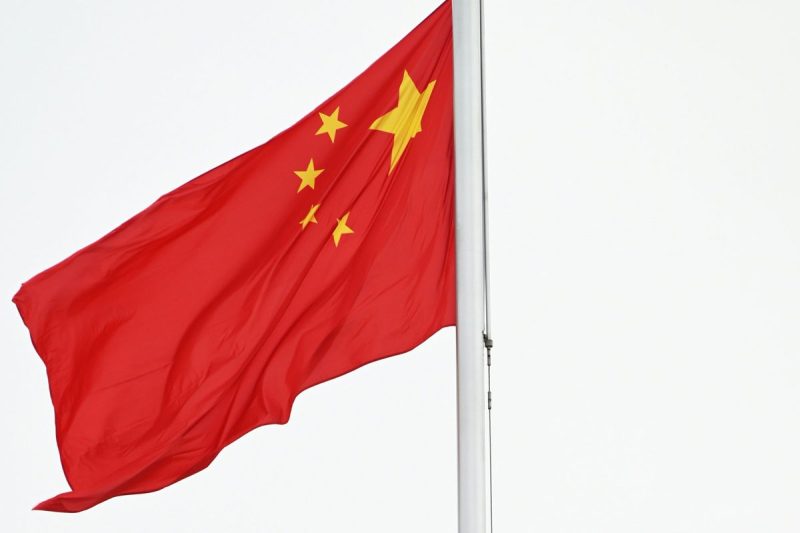China Tightens Grip on Strategic Minerals with New Antimony Export Controls
The recent move by China to tighten its grip on the export of antimony, a strategic mineral with diverse industrial applications, has raised concerns among global stakeholders. Antimony, a critical component in various industries such as electronics, flame retardants, and batteries, has seen a surge in demand in recent years, driven by technological advancements and increasing infrastructure development.
Antimony, known for its unique properties such as resistance to corrosion and high strength, plays a vital role in modern industrial processes. With China being the largest producer and exporter of antimony in the world, the new export controls imposed by the Chinese government are expected to have significant implications for the global supply chain and market dynamics.
The decision to restrict antimony exports comes in the wake of China’s broader strategy to strengthen its position in the global minerals market. By controlling the flow of strategic minerals like antimony, China aims to enhance its economic influence and secure access to essential resources for its domestic industries. This move underscores China’s proactive approach to safeguarding its strategic interests and promoting self-sufficiency in key sectors.
The implications of China’s tighter grip on antimony exports are substantial for countries that rely heavily on imports of this critical mineral. The new restrictions are likely to disrupt supply chains, increase market volatility, and potentially lead to price hikes in the global antimony market. Companies that use antimony in their manufacturing processes may face challenges in sourcing this essential mineral, which could impact their production capabilities and profitability.
Amid growing concerns about China’s dominance in the global minerals market, other countries are seeking ways to diversify their sources of strategic minerals and reduce dependence on a single supplier. Developing alternative supply chains and exploring new mining opportunities are crucial steps for countries to mitigate the risks associated with China’s export controls on critical minerals like antimony.
Furthermore, the tightening of export controls on antimony raises questions about the long-term sustainability of global supply chains and the need for greater transparency and cooperation among stakeholders. Collaborative efforts between governments, industry players, and international organizations are essential to ensure the stability and resilience of supply chains in the face of geopolitical and economic uncertainties.
In conclusion, China’s decision to impose new export controls on antimony reflects its strategic focus on securing key resources and strengthening its position in the global minerals market. The impact of these measures on the global supply chain for antimony underscores the importance of diversification, innovation, and cooperation in ensuring the stability and sustainability of critical mineral resources in the years to come. As countries navigate the evolving dynamics of the minerals market, proactive measures and strategic partnerships will be crucial in building resilient supply chains and reducing vulnerabilities to external disruptions.
